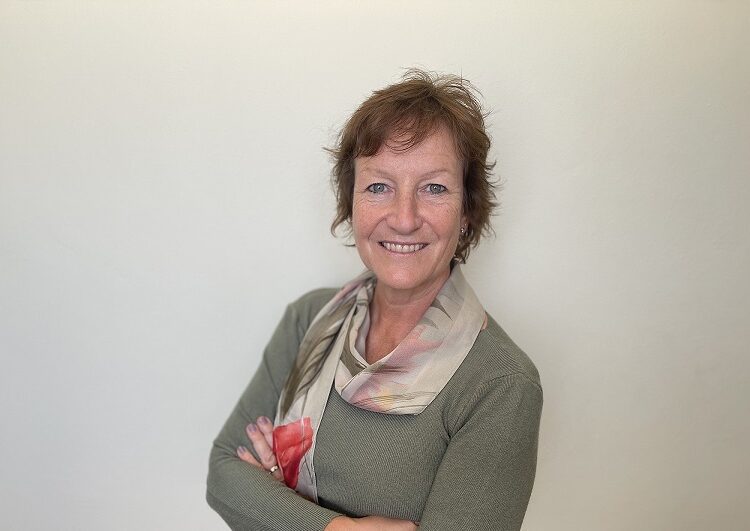By Eva Andren,
Head of Ericsson Egypt and Head of Managed Services at Ericsson Middle East and Africa
Ericsson holds a rich history spanning almost 125 years in Egypt. We started our operations when the country’s first telephone exchange system was established in 1987, connecting Cairo to Alexandria for the first time. As numerous exchange systems proceeded to be installed in Egypt throughout the 1920s, this market became Ericsson’s largest market in Africa. During this time Ericsson even became the generic term for the telephone in the region due to the vast number of units sold on the market.
The gradual liberalisation of the telecom sector in Egypt in the 1990’s and 2000’s opened the market to competition. As follows one of the basic principles of capitalism, the entrance of competitors into the Egyptian telecom market drove innovation and advanced infrastructure development throughout the sector. Egypt’s ambitious economic reform policy, which began in 2015, has shown that the telecom sector needed two factors to thrive: spectrum and infrastructure. Spectrum is the lifeblood of the Mobile industry, and the country has taken initiatives to avail sufficient spectrum to allow the telecom sector to offer quality mobile broadband services to their users. Furthermore, Ericsson has continually supported Egypt’s telecom operators in providing innovative commercial hardware and solutions to expand current coverage and meet the network needs of their customer database. The launch of 4G services in the country in 2017 resulted in a surge of investments by local and international players and has paved the way for Egypt’s telecom sector to significantly enhance its services.
Egypt has been heavily prioritising digital transformation by setting ambitious goals through Egypt Vision 2030. To achieve the targets of Vision 2030, the country has further created the ICT 2030 strategy and the Digital Egypt initiative with objectives of developing ICT infrastructure; fostering digital inclusion and encouraging innovation to aid the nation’s transformation into a knowledge-based economy. The enhancement of the telecommunications sector within a country is a major factor in accelerating digital transformation. With this in mind, the Ministry of Communications and Information Technology (MCIT) initiated several projects that improved the quality of fixed broadband in the nation, delivering high-speed internet, and also expanded network coverage across the region that has boosted communications services. Furthermore, Egypt is also speeding up the issuance of permits for building cell towers for telecom operators and began offering new frequencies to enhance network efficiency and the quality of communication services.
As Egypt continues its journey into the digital era, 5G will become the cornerstone of many emerging technologies that aim to enhance the livelihoods of people throughout the country and increase access to health care, education, and government services. These technologies, including AI, IoT, and Edge Computing to name a few, promise a radical transformation of the economic and social system in the country and found their place among the top priorities of Egypt’s policy agendas for the coming years. The 2020 edition of Ericsson’s Mobility Report estimated 5G subscriptions to reach 80 million in MENA by 2025.
As Ericsson understands the significance 5G will play in the development and smooth operations of these technologies, we arefocused on helping countries in MENA deploy 5G technology and accelerate its adoption in the region and have already helped run successful proof of concept tests in Egypt with Etisalat Misr.
Ericsson has introduced many firsts in the MENA region, including some of the first GSM networks, the first 3G and 4G networks in the region, and is currently working on the commercial deployment of 5G. In the final quarter of last year, Ericsson’s Artificial Intelligence (AI) & Analytics Hub in Egypt achieved a key milestone by shipping its first Cognitive Software to be used by Ericsson customers worldwide to design and optimize networks. Ericsson is further committed to developing Egypt’s local talent in the fields of AI & software to help propel the nation’s journey into the digital age.
Since our inception, we have been centered on innovation, with our work constantly focusing on advancing and revolutionising telecommunications for more than a century. Ericsson works with Egypt’s four service providers, namely Telecom Egypt, Etisalat, Orange, and Vodafone, and assists with providing the latest technology and solutions to enhance customers’ telecommunication needs. Our longstanding presence in Egypt reaffirms our commitment towards this key market and we hope to help Egypt in its economic development reform journey and growth post-pandemic.






Discussion about this post